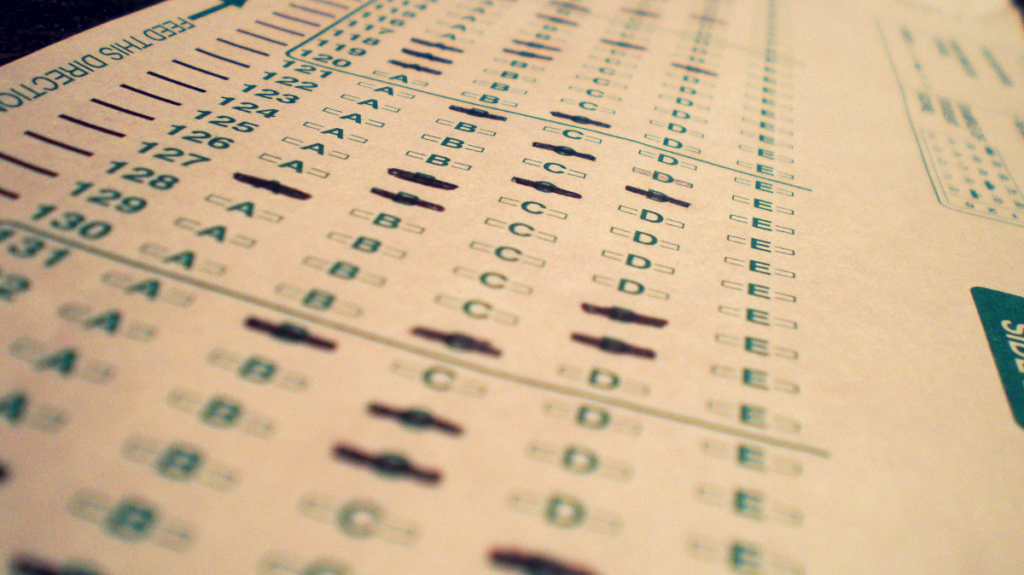The United States spends a lot of money each year on public schooling. As a percentage of GDP, government expenditures on public education (five percent) exceed the amount we spend on defense (four percent) or welfare (two percent). But how do we know if we are getting our “money’s worth” on public school?
Too often, the primary criterion of effectiveness is standardized testing. A school is rated almost exclusively on on how well its students perform on standard testing (usually limited to reading and math) as compared to other students in the same city, district, or state. When the issue of school choice comes up, critics assume that this standard is the only one that matters.
If an experiment in school choice doesn’t show improvement on test scores, it’s often considered empirical proof choice doesn’t work. Yet as economist Tyler Cowen says,
To be sure, we’re still not sure how well vouchers work, and I would suggest continuing experimentation rather than full-on commitment. Frankly, I find a lot of the voucher advocates unconvincing, but let’s not forget the single most overwhelming (yet neglected) empirical fact about vouchers: they improve parent satisfaction.”]
Cowen points out there’s almost no dispute that parents who take advantage of school choice are satisfied with their option, adding:Of course parents may like school choice for reasons other than test scores. To draw from the first link above, parents may like the academic programs, teacher skills, school discipline, safety, student respect for teachers, moral values, class size, teacher-parent relations, parental involvement, and freedom to observe religious traditions, among other facets of school choice.
Perhaps now is the time to remind you that how the buyers like the product is the fundamental standard used by economists for judging public policy? That is not to say it is the final standard all things considered, but surely economists should at least start here and report positive parental satisfaction as a major feature of school choice programs. In fact, I’ll say this: if you’re reading a critique of vouchers and the critic isn’t willing to tell you up front that parents typically like this form of school choice, I suspect the critic isn’t really trying to inform you.”]
Since the money for public schools is funneled through the government, the issue is often framed as if the government is the “buyer” of educational goods and services. If the faceless, impersonal bureaucracy is the “customer” then perhaps it does make sense to have standardized testing—which lumps all students together and reduces them to a statistical metric—as the criterion for satisfaction. But if we believe children belong to parents, and not the state, then we should allow the true customers of public education to determine if they are satisfied with the product.
“Parents will not be perfectly informed consumers of public schools,” says economist Arnold Kling. “But bureaucrats in Washington will be much less well informed.”
As Kling adds, “Perhaps the voucher movement ought to be called the ‘Make schools accountable to parents’ movement.”
This piece was originally published at the Acton Institute Power Blog.



